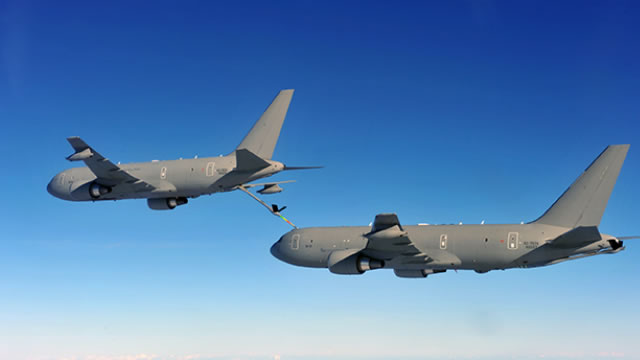China’s Decision to Halt Boeing Orders: A New Escalation in the US-China Trade War
In a move that could potentially intensify the ongoing trade dispute between the United States and China, Beijing has reportedly instructed its airlines to suspend all further deliveries of Boeing aircraft and halt purchases of aircraft-related equipment and parts from American suppliers, according to sources familiar with the matter.
Background of the Trade War
The US-China trade war began in July 2018 when the US imposed tariffs on a range of Chinese imports, citing intellectual property theft and unfair trade practices. In response, China retaliated with tariffs on American goods. Since then, the two economic superpowers have imposed and countered numerous rounds of tariffs, affecting hundreds of billions of dollars in trade.
The Impact on Boeing
Boeing is one of the most significant American exporters to China, with the country being the largest market for the company’s commercial airplanes. According to data from the US Department of Commerce, Boeing sold more than $16 billion worth of aircraft to China in 2019. The suspension of new orders and purchases of parts could lead to significant financial losses for the aerospace giant.
The Ripple Effect on the Aviation Industry
The decision could have far-reaching consequences for the global aviation industry. Boeing’s suppliers, many of which are based in the US, could be negatively affected as they may experience reduced demand for their products. Moreover, Chinese airlines may be forced to look for alternatives to Boeing planes and parts, potentially leading to increased business for European plane maker Airbus. Additionally, the delay in Boeing deliveries could lead to operational challenges for Chinese carriers, as they may need to extend the lifespan of their existing fleets or seek short-term solutions.
Impact on Consumers and Travelers
The suspension of Boeing deliveries and purchases could lead to increased airfare prices for consumers, as airlines may need to find alternative suppliers or absorb the costs of delayed deliveries. Moreover, travelers could experience disruptions, as airlines may need to adjust their schedules to accommodate their existing fleets. However, it is important to note that the full extent of these impacts remains uncertain and will depend on how the situation unfolds.
Global Ramifications
Beyond the aviation industry, the escalation of the trade war could have broader implications for the global economy. The ongoing dispute could lead to reduced economic growth, as businesses face increased uncertainty and higher costs. Additionally, it could lead to a further deterioration of US-China relations, potentially impacting other areas of cooperation, such as climate change and global health issues.
Conclusion
The suspension of Boeing orders and purchases by Chinese airlines represents a significant escalation in the US-China trade war. The ripple effects on the aviation industry, as well as the potential broader economic and geopolitical implications, underscore the importance of resolving the dispute. Both sides will need to engage in meaningful dialogue to find a mutually beneficial solution and avoid further damage to their economies and relations.
- China instructs airlines to halt Boeing orders and purchases
- Decision could lead to significant financial losses for Boeing
- Ripple effects on Boeing’s suppliers and the global aviation industry
- Potential for increased airfare prices and travel disruptions
- Broader implications for the global economy and US-China relations





